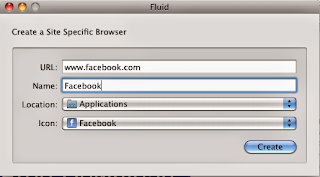Quotations
Stanley Cavell on Beckett and Positivism
"Positivism said that statements about God are meaningless; Beckett shows that they mean too damned much."
-Stanley Cavell, "Ending the Waiting Game" reprinted in his collection of essays, Must We Mean What We Say? (p. 120)
Stanley Cavell on Philosophy and Art
***
Stanley Cavell On the Limits of the Frame
"The world of a painting is not continuous with the world of its frame; at its frame, a world finds its limits. We might say: a painting is a world; a photograph is of the world."
Stanley Cavell, The World Viewed (p. 24)
***
". . . philosophy, like art, is, and should be, powerless to prove its relevance: and that says something about the kind of relevance it wishes to have. All the philosopher, this kind of philosopher, can do is express, as fully as he can, his world, and attract our undivided attention to our own."
Stanley Cavell, "Aesthetic Problems of Modern Philosophy" reprinted in his collection of essays, Must We Mean What We Say? (p. 96)
sources: (1.) Cavell, Stanley. Must we mean what we say? : a book of essays. United Kingdom, Cambridge University Press, 2002. (2.) Cavell, Stanley. The World Viewed : Reflections on the Ontology of Film. New York: Viking Press, 1971. Print.








